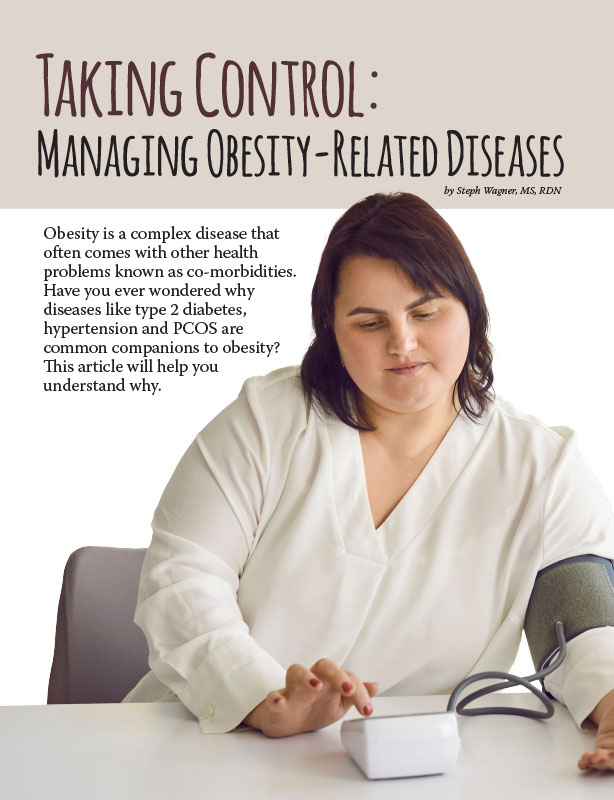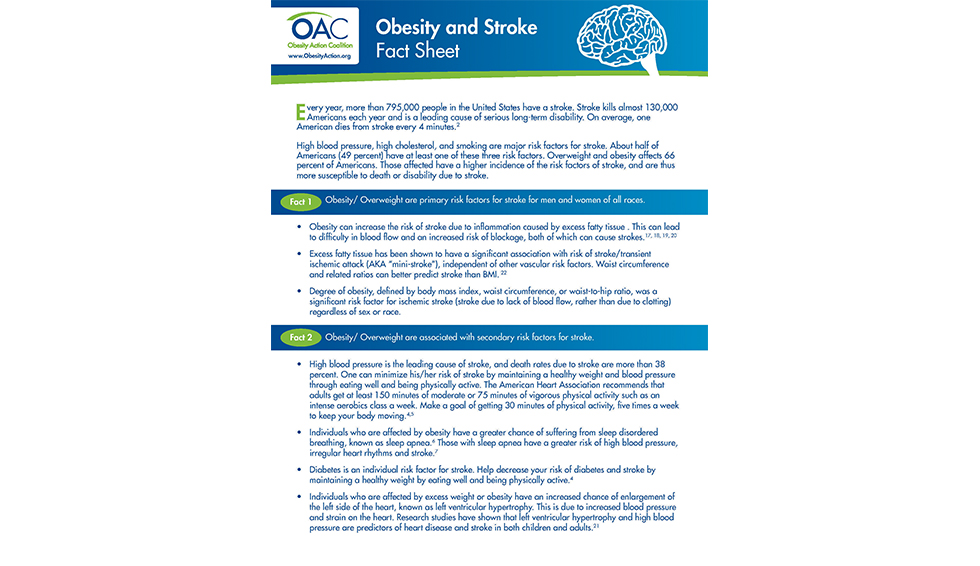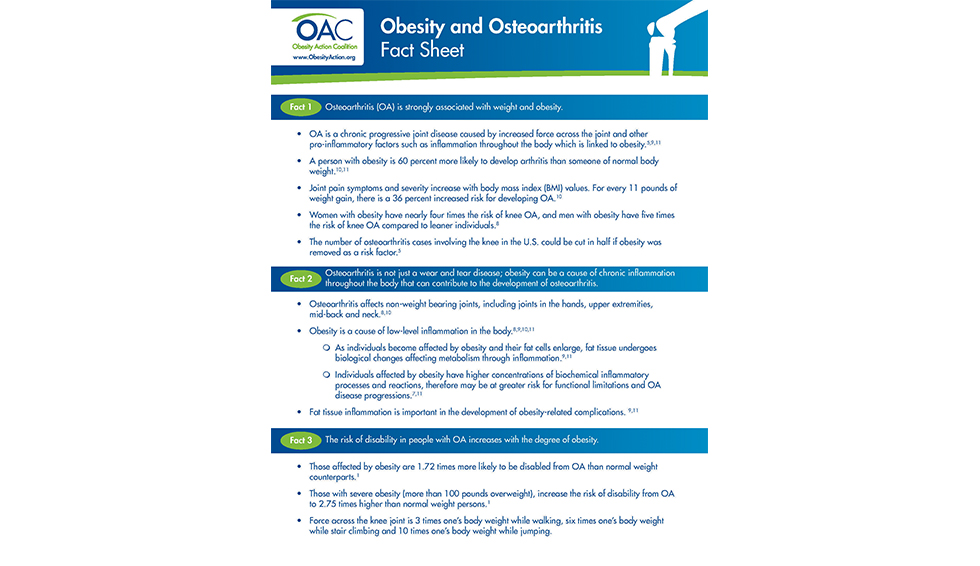Taking Control: Managing Obesity-Related Diseases


by Steph Wagner, MS, RDN
Spring 2024
Obesity is a complex disease that often comes with other health problems known as co-morbidities. Have you ever wondered why diseases like type 2 diabetes, hypertension, and PCOS are common companions to obesity? This article will help you understand why.
Why Obesity Connects to Other Diseases
Various factors like behavior, genes, environment, immune system, hormones, and health conditions can cause obesity. These factors can lead our body to store excess fat, which can bring health issues affecting how our bodies work, move, and even our mental and emotional well-being.
While there are several reasons for these diseases, obesity stands out as a major factor. Having too much fat tissue can lead to type 2 diabetes, high blood pressure, heart disease, acid reflux, PCOS, and MASLD (formerly non-alcoholic liver disease). When dealing with obesity, our body systems have to work harder, leading to more problems and other conditions. The good news is that making lifestyle changes, adopting healthier habits, and talking with your doctor about obesity treatments can help manage weight and improve obesity-related diseases. Reducing excess body fat eases stress on the body’s systems, often leading to improvements in blood pressure, acid reflux, diabetes, PCOS, and more. It’s like a chain reaction of benefits!
Managing Obesity-Related Diseases with Lifestyle Changes
Keeping things simple is key to maintaining a healthy lifestyle. Focus on five fundamental areas to build a strong foundation for well-being. Instead of thinking in strict terms, consider how your daily choices and habits contribute to your overall health. This approach helps you see how your lifestyle supports essential aspects of a healthy life. Let’s look at these five key areas.
1.) Hydration
It’s essential to keep your body hydrated for it to work properly. Every cell in your body relies on water to function well. A well-hydrated body operates better, resulting in fewer headaches, reduced hunger and more energy. Drink hydrating liquids like water, herbal tea, broth or flavored waters. Sometimes, our body sends signals that we misinterpret, leading to unnecessary snacking when we really just need a drink. Staying hydrated helps you recognize your body’s signals, often reducing the urge to snack and keeping your appetite in check.
2.) Meal Planning and Food Quality
Meal planning in advance is a smart way to ensure healthy options and reduce stress about what to eat. Keep it simple by making a list of breakfasts and lunches that focus on lean protein, vegetables and fruits. Create a recipe binder with easy dinner options you enjoy and can make easily. Set aside time each week for meal planning and consider using grocery pickup or delivery services to avoid impulse buys at the store, saving both time and money. Prioritize protein in your meals with lean meats, eggs and low-fat cheese to manage hunger, cravings and blood sugar levels.
3.) Movement
Instead of thinking about “exercise,” focus on activities that encourage movement and that you genuinely enjoy. Whether it’s tracking your steps, swimming with friends, walking the track at the community center, or dancing while cleaning, find what brings you joy. Consider the impact of seasons on your activity levels and create a list of both outdoor and indoor options to ensure the weather doesn’t stop you from staying active. Viewing movement as a positive experience can lead to a more sustainable and fulfilling lifestyle.
4.) Sleep
Physical activity plays a significant role in improving sleep quality. Stick to a consistent bedtime routine and sleep schedule to promote better sleep. This helps establish regular sleep patterns and mealtime routines, aligning with other rhythms in your day for overall well-being. If you struggle with sleep, talk to your healthcare provider for assistance.
5.) Medications, Vitamins, and Monitoring Your Markers
Regularly check your medications and vitamin recommendations with your healthcare provider during visits. Keep a visible schedule and set reminders to help you remember to take them. Consistency with prescribed medications and supplements is crucial for managing weight. Keep track of body markers like blood pressure, blood sugar, female cycles, and other health-related information to monitor progress and discuss with your doctor.
Managing Obesity with Medical Help
With so much information about weight loss and diets, it’s easy to feel overwhelmed. Before you invest time and money in a new program, talk to your healthcare provider about your goals. There are many treatment options for obesity available, and it’s essential to discuss them with your healthcare team.
Conclusion
When you feel overwhelmed about managing your weight and related health issues, focus on these five areas. Choose one or two things to work on and take small steps towards improvement. Whether it’s drinking herbal tea, going for a walk, trying a new recipe, or getting enough sleep, every little change brings you closer to a healthier you.
About the Author:
Steph Wagner, MS, RDN, is a Registered Dietitian specializing in obesity and bariatric surgery. She is the Policy and Advocacy Leader for the Weight Management DPG with the Academy of Nutrition and Dietetics. In 2013, Steph founded Bariatric Food Coach to provide everyday nutrition resources online for post-op patients.
by Katherine H. Saunders, MD, DABOM Spring 2024 Menopause probably isn’t anyone’s idea of fun. While this…
Read ArticleEvery year, more than 795,000 people in the United States have a stroke. Stroke kills almost 130,000…
Read MoreOsteoarthritis (OA) is strongly associated with weight and obesity. OA is a chronic progressive joint disease caused…
Read More









